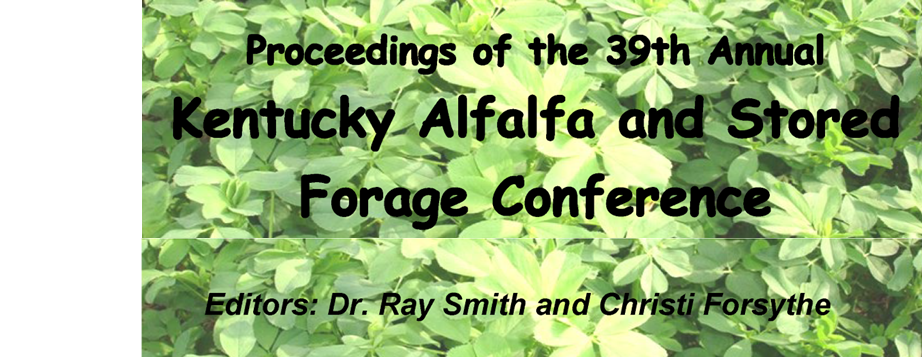Start Date
2-20-2020 10:45 AM
Description
Soil testing is made up of four distinct activities, collecting the soil sample, analyzing the sample, interpreting the results, and providing fertilizer recommendations that account for the fertilizer source, timing of application, rate of application, and placement of the fertilizer. Traditionally, collecting a soil sample was viewed as the limiting step because a recommendation is only as good as the sample that it is based on. With traditional soil sampling, we attempt to represent the field’s average nutrient status. Typically, you would want one sample for every 10 – 20 acres. A sample should be collected to the depth prescribed by the lab (4” for untilled fields). If areas within a field are very different due to previous management or natural features, such as topography or soil texture, split the field up and collect samples from each distinct area. Each sample sent to the lab should be a composite of 12 or more soil cores.
Included in
Moving Past the Routine: Precision Management for Alfalfa and Hay Crops
Soil testing is made up of four distinct activities, collecting the soil sample, analyzing the sample, interpreting the results, and providing fertilizer recommendations that account for the fertilizer source, timing of application, rate of application, and placement of the fertilizer. Traditionally, collecting a soil sample was viewed as the limiting step because a recommendation is only as good as the sample that it is based on. With traditional soil sampling, we attempt to represent the field’s average nutrient status. Typically, you would want one sample for every 10 – 20 acres. A sample should be collected to the depth prescribed by the lab (4” for untilled fields). If areas within a field are very different due to previous management or natural features, such as topography or soil texture, split the field up and collect samples from each distinct area. Each sample sent to the lab should be a composite of 12 or more soil cores.


Speaker's Bio
Josh McGrath, Ph.D. is an Extension Associate Professor in Plant and Soil Sciences at the University of Kentucky. He is known for his soil science training videos that are widely used to train industry and extension professionals across the U.S. Dr. McGrath conducts applied research and extension projects in agronomic soil fertility and nutrient management to maximize profitability, efficiency, and protect natural resources. Additional specializations include: site-specific nutrient management, manure management, and water quality protection. He earned his Ph.D. from the Department of Plant and Soil Sciences at the University of Delaware.